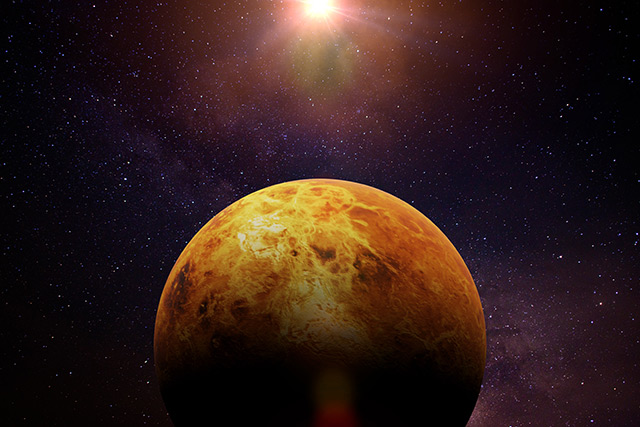
Researchers from the University of California, San Francisco and the Stanford University School of Medicine arrived at this finding after exposing human blood samples to simulated weak gravity, or microgravity. They then used a chemical to simulate an immune response in the blood samples and found that regulatory T cells (Tregs) suppressed any immune activity.
Tregs are a type of white blood cell that inhibits other immune cells. They become active when an infection is no longer a threat and aid in the prevention of autoimmune diseases.
The study showed that in outer space, Tregs are activated even when a person is healthy and free from an infection. The researchers posited that the abnormal activation of Tregs is one of the reasons why astronauts have weak immune systems. This weakened state was observed in more than half of the astronauts who participated in NASA's Apollo missions. They got sick with the common cold or other infections within their first week back on Earth. In some astronauts, dormant viruses, such as the chickenpox virus, also became active again. (Related: Space cooties: Should astronauts be worried about fungi on space stations?)
Dr. Brice Gaudilliere, one of the study's principal investigators, called the impact of microgravity on astronauts' health a "double whammy" due to its negative effect on other immune cells. On top of activating Tregs, the study showed that microgravity also dampens the response of killer T cells, which are responsible for finding and destroying infected cells.
Overall, these findings could help researchers come up with ways to mitigate the effects of microgravity. According to Jordan Spatz, the study's co-principal investigator, effective mitigation strategies are important now more than ever because many of today's astronauts are older.
He also said that concerns over the health of space travelers will likely grow due to the rise of space tourism. "With the commercialization of space flight, there will be many more older and less healthy individuals experiencing microgravity," he said in a statement.
Blue Origin, the space company owned by outgoing Amazon CEO Jeff Bezos, is currently auctioning a ride to outer space aboard its New Shepard spacecraft. The highest bidder will be joining Bezos, his brother Mark and three other passengers on a trip to space this July 20. They will spend a few minutes floating in microgravity before returning to Earth on the same day.
NASA's 'Twins Study'
NASA conducted a study on twin astronauts Scott and Mark Kelly to examine the effect of long-duration spaceflight on astronauts' health. Scott lived aboard the International Space Station from March 2015 to March 2016 while Mark remained on Earth.
Multiple research teams then used Mark as a control subject to determine any changes in Scott's body during his time in space. They found that Scott's telomeres – the caps at the end of chromosomes – lengthened. Telomeres play a key role in preventing DNA damage and tend to shorten with age.
But once Scott flew back to Earth, his telomeres shortened to roughly the same length as before he went to space. The researchers were unsure what caused these telomere changes, but they suspected that telomerase, an enzyme that extends telomeres and gets switched off during adulthood, may have played a role.
The researchers also found that the ratio of two groups of gut bacteria changed during Scott's one year in space. This was likely caused by changes in his diet. When Scott returned to Earth, his gut bacterial composition also returned to its pre-flight makeup.
In addition, the researchers spotted changes in how Scott's genes were expressed. These variations increased in the last six months of the mission, with over six times as many differences appearing over the latter half compared to the start of the mission. (Related: Study: Can extended space travel increase an astronaut's risk of cancer?)
The majority of the changes reverted to normal shortly after Scott returned to Earth. But some changes, including ones related to immune response and DNA repair, were still present six months after his return. The researchers took this to mean that some of Scott's cells retained a memory of what happened and were still recalibrating to being back on Earth.
Follow Space.news for the latest on space research and exploration.
Sources include:
Please contact us for more information.























